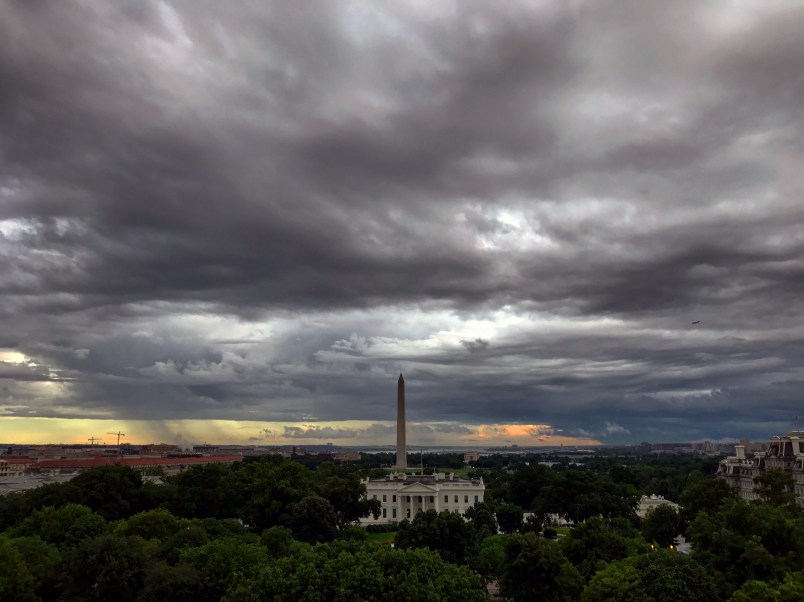Starting last week, and continuing this week, we’ve been publishing a series of articles by historians and legal scholars. Full disclosure: they have nothing to do with the coronavirus. This series was in the works for a few months, and though the crisis has our attention more or less 24/7, it’s sometimes a welcome break to think about something else. Even a democratic crisis.
The basic idea for this series is one shared with us by historian Greg Downs: that even if Democrats retake the Senate in 2020, hold onto the House, and win the presidency, it wouldn’t be enough for the Party to truly control the levers of power. They are, in a sense, not safe at home. The current political system enabled and in many cases ratified the excesses of the Trump presidency. Whoever holds power next must contend with that fact.
In past times, as Downs has written, politicians of both parties were far more willing to rewrite the rules when the rules fell out-of-step with the time. The Civil War, and the years that followed, provides one example:
When Republicans needed more states to balance the Senate, they created them. When the Supreme Court threatened Republicans’ Reconstruction policies, Congress restricted the Supreme Court’s jurisdiction, added and then subtracted justices, and threatened to dismantle the court altogether. When the Constitution did not defend the civil and voting rights Republicans prized, they transformed the nation’s founding document through three sweeping constitutional amendments, the last two passed in the face of bitter opposition not only from white Southerners but from many white Northerners. Between 1860 and 1870, Congress considered many other constitutional amendments, including some to eliminate the Electoral College or to enfranchise women.
It would behoove Democrats, Downs argues in the intro to the series, to take a page from politicians of past centuries, and bend yesterday’s rules to today’s political environment.
This series looks at some steps they might consider.
Our latest installment today, from University of Texas law professor Joseph Fishkin, looks at the ways in which the elected branches of government can apply pressure to a Supreme Court out of step with the American people. Read that here »
Last week, Professor of History at Johns Hopkins University Martha Jones made the case for a constitutional amendment that doesn’t just protect the right to vote, it promises it. Read that here »
Check back at TPM Cafe throughout the week. We’ll have more installments.






